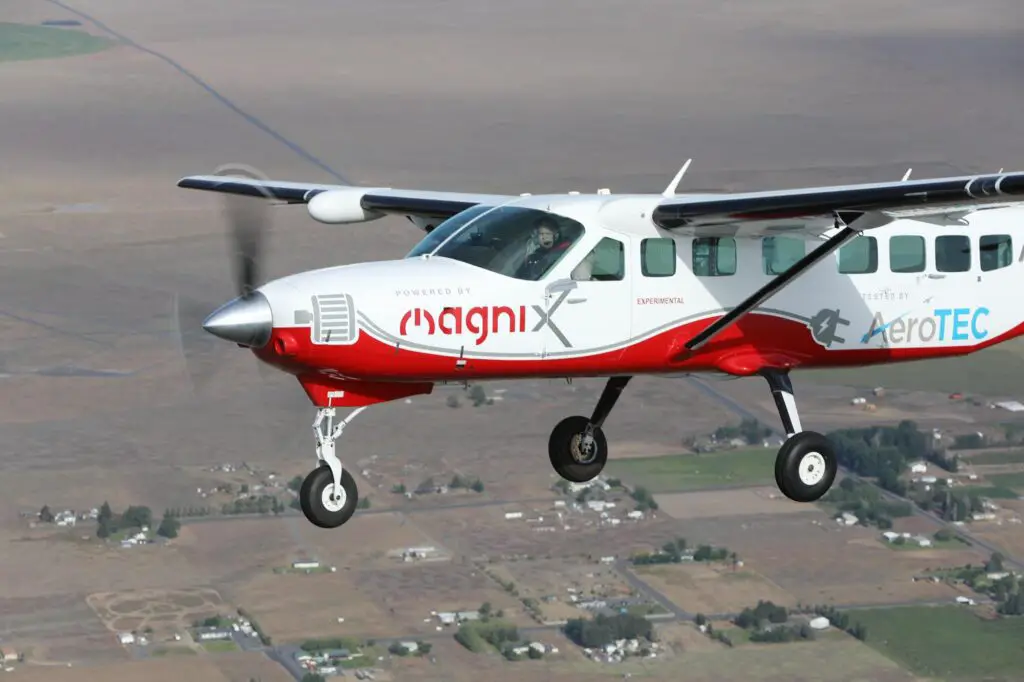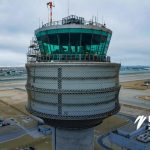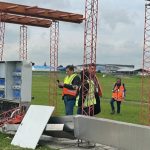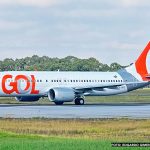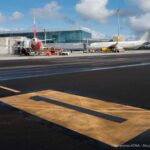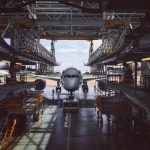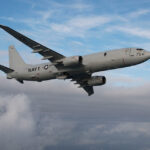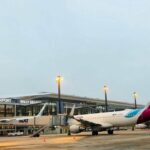Brazilian on-demand flight platform Flapper and U.S.-based electric propulsion systems developer and manufacturer Magnix have signed an agreement for the conversion of up to 20 Cessna Caravans so that they can operate without CO2 emissions starting in 2024.
MagniX will supply 20 magni650 electric propulsion systems that will be deployed to convert the Cessna Caravan aircraft that Flapper utilizes, mainly for its operations in the state of São Paulo, and to provide air cargo services to other regions in Latin America.
According to the company, this retrofit could, in addition to reducing the environmental impact of flights, reduce costs and offer the possibility of reactivating routes formerly abandoned by general aviation in Brazil.
Paul Malicki, CEO of Flapper, welcomed the partnership with MagniX as «a leader in the electric aviation industry», adding, «Together we will work to promote clean and cost-effective aviation in Latin America, with safety as our top priority».
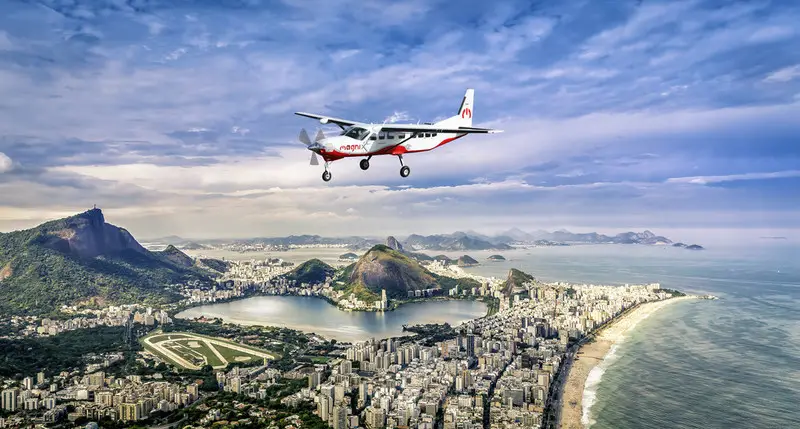
In turn, Flapper will collaborate with MagniX by providing support in the planning, review, and coordination of the certification processes of its systems, in relation to the specific requirements of the local civil aviation authority. It is clear that MagniX sees this partnership as a gateway to expand in Latin America.
Flapper has been working intensively, through various partnerships, to promote the arrival of emission-free aircraft in Brazilian skies. Indeed, this month it will be carrying out, in partnership with Embraer, an urban air mobility simulation in Rio de Janeiro to test the eVTOL developed through the Eve Air Mobility Project. The company aims to neutralize its carbon emissions by 2025.
See also: Project Eve: Embraer starts in November a simulation of urban air mobility in Rio de Janeiro
Roei Ganzarski, CEO of magniX, said that the partnership with Flapper » clears the way for emission-free air cargo and passenger transportation in Brazil and Latin America». Through the electrification of Caravan aircraft, we are delivering not only cleaner transportation but also opening up access to airports that are no longer used due to the noise of traditional aircraft», he said. Together, «our companies are leading the way in the new era of electric flight in one of the world’s most populated regions».

